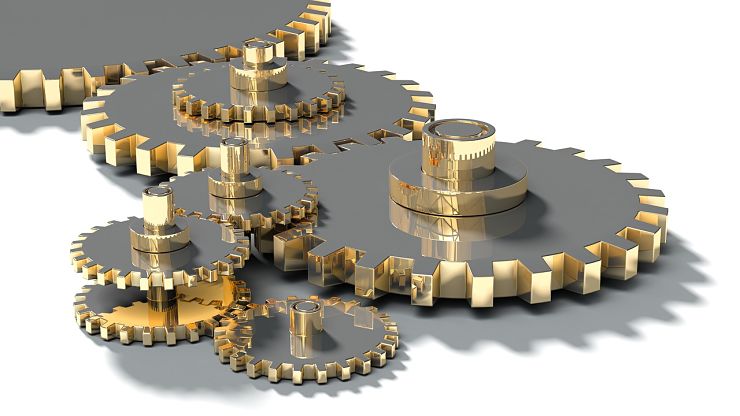What does a Chapter 13 bankruptcy get you if it doesn’t get you a discharge?
Lots, actually.
It’s complicated. Powerful, but complicated.
Let’s see how all the parts interact when your Chapter 13 is filed before you’re eligible for a discharge.
Law limits discharge
The bankruptcy code doesn’t limit when you can file bankruptcy; it limits when you can get a discharge in bankruptcy. It imposes various interval between discharges in bankruptcy, depending on what kind of a case you filed first.
The discharge is the court order at the end of the case that wipes out debts as a personal liability. Bankruptcy “reform” in 2005 lengthened the intervals between discharges.
But nothing keeps you from filing a bankruptcy case, even when a prior discharge prevents a discharge in the new case.
And because not every debt nor every lien is wiped out in Chapter 7, there is often a need for a follow-on Chapter 13 to deal with the debts not discharged.
Automatic stay to the rescue
The debtor’s right to a stay of collection action exists, regardless of whether there will be a discharge at the end of the case.
So even a creditor who holds a debt not discharged in a previous Chapter 7 must cease collection when a new bankruptcy case is filed.
Different rules on automatic stay if the previous case was dismissed short of discharge
Important creditors paid first
Chapter 13 imposes a payment plan on creditors, willing or not. The plan and the underlying law dictate which creditors get paid first through the plan.
The debts most likely to survive a Chapter 7 are recent taxes, family support and home loan delinquencies.
Bankruptcy law dictates the order in which creditors are paid by the Chapter 13 trustee. Generally, secured creditors like mortgage lenders and taxing authorities with surviving liens are paid first by the Chapter 13 trustee.
That benefits the debtor who is often trying to hang on to a house or other assets that a secured creditor could otherwise foreclose or auction off. It keeps the creditor with a non dischargeable debt that is low on the priority list, like a student loan or a restitution order, from garnishing wages or levying bank accounts.
Liens cut down to size
Liens of all kinds are unaffected by the discharge in Chapter 7, with a limited exception. Avoiding judgment liens.
Chapter 13 lets you eliminate tax liens and judgment liens on any of your assets included in the bankruptcy without depending on your eligibility for a discharge.
Mortgage liens on your home get special protection under bankruptcy law; but a mortgage lien behind a senior lien that exceeds the value of the house can be stripped in 13 and nowhere else in the law.
Judges available for nasty fights
Bankruptcy judges stand by to consider and resolve disputes between creditors and the debtor. In my world, that’s most often a fight between a mortgage servicer and the homeowner over what’s really owed on a home loan.
Resolution of that dispute doesn’t require a discharge, since the claim is likely secured by collateral. The issues is how much is owed and can the servicer prove it.
That’s what judges are for.
And at the end of a 13 that cures mortgage default, the homeowner gets a determination about the true state of the debt via Rule 3002.1.
Value beyond discharge
There’s more to Chapter 13 than the discharge and it’s available without reference to prior bankruptcies.






